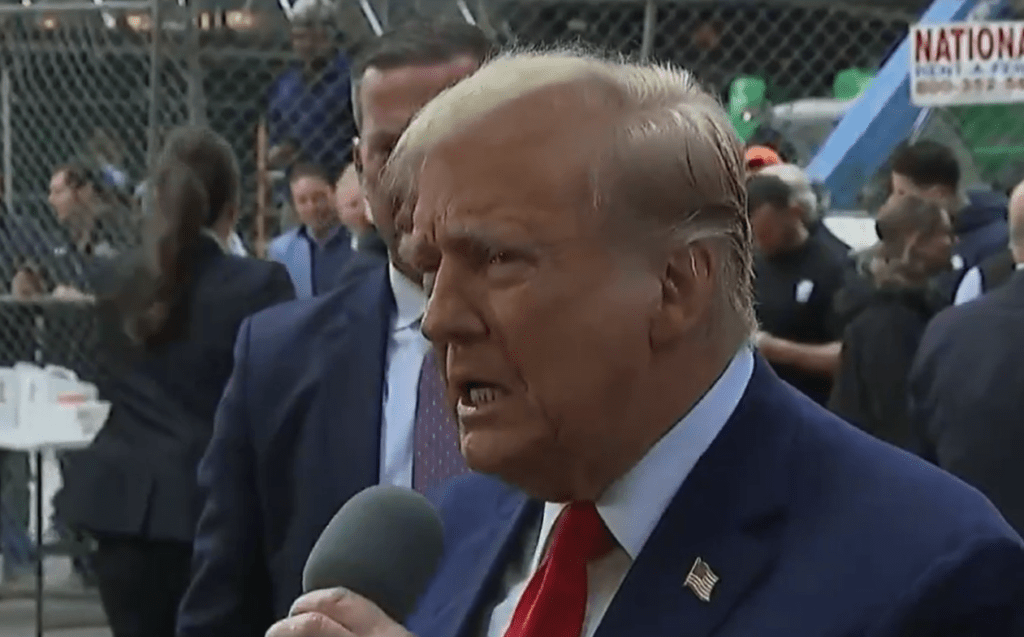For the first time in years, more Americans view former President Donald Trump favorably than unfavorably—a stark contrast to Vice President Kamala Harris’s standing and a sign of a potentially positive election night for the Republican. Gallup’s latest survey results show that 50% of Americans now view the former president positively, compared to 48% who do not. This marks a reversal from his 36% approval rating just before the 2016 election, when he unexpectedly defeated Hillary Clinton, who at the time was given a 90% chance of winning by the New York Times.
The poll, conducted among national adults from October 1 to October 12, was taken a month after the two candidates met for their only debate and during a tumultuous general election period that has left many Americans feeling pessimistic about both candidates compared to historical standards. Historically, candidates who went on to win the White House have had favorability ratings on Gallup’s “scalometer” closer to 60% or higher. However, this year’s result reflects the ongoing trend of Americans viewing both major party candidates negatively. Despite this, it also marks the highest favorability rating Trump has achieved in his three campaigns.
Thirty-one percent of respondents have a very favorable opinion of Trump, while 19% hold a moderately favorable view. Conversely, 37% consider Trump extremely unfavorable, and 11% find him moderately so. Harris’s numbers are slightly worse: 30% have a highly positive opinion of her, and 34% have a highly negative view. Among those with more moderate feelings about the vice president, 18% lean positive, while 16% lean negative.
Before 2016, no modern presidential candidate had unfavorable ratings exceeding 30%, according to Gallup, with the closest being segregationist third-party candidate George Wallace in 1968 at 32%. Trump has surpassed that threshold in all three of his campaigns, as did Hillary Clinton in 2016 and Harris today. When considering these factors, negative attitudes among voters toward U.S. leadership are at an all-time high.
In a highly competitive race, this is good news for President Trump. With his unfavorable ratings among Americans well-established as part of his public persona, the Republican candidate has nowhere to go but up with undecided voters. He has shifted toward the center on several economic issues, promising significant tax breaks for automobile purchases and the elimination of federal taxes on tipped wages. His commitment to ending the wars in Ukraine and the Middle East appeals across party lines, while Harris struggles to win over pro-Palestinian young voters, some of whom have indicated they might leave the race blank on their ballots if they choose to vote at all.



